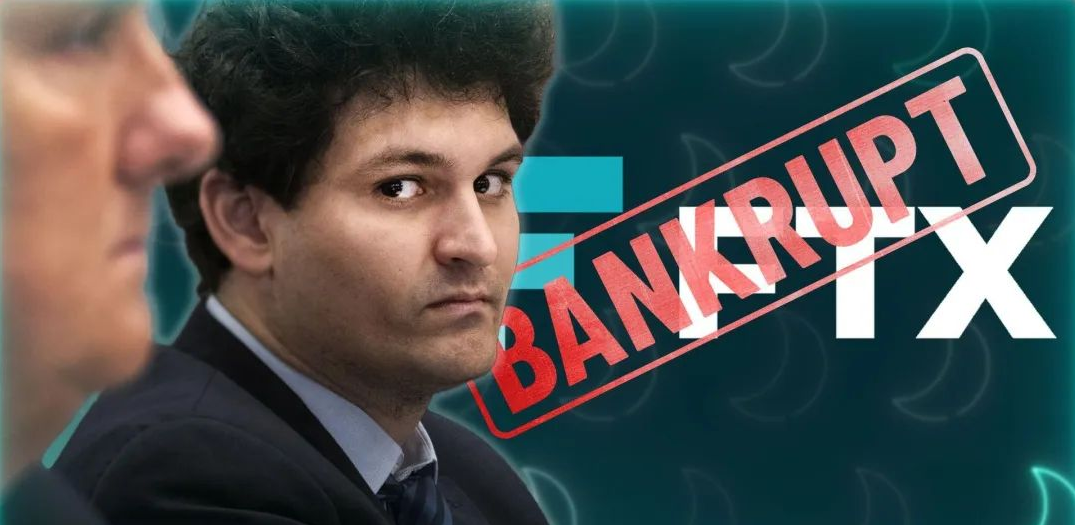Decentralized exchanges: development trends and investment logic
In the previous few lectures, I shared the investment of mainstream currencies with you. In this lecture, I share with you about the "immature areas of the blockchain industry".
As I explained before, the so-called "immediately needed immature fields" refer to this type of fields that are just a required field of the blockchain. Although it is just needed, there is no oligarch in this field, that is, the head project. Therefore, in this period of time, the field will present a competition situation in which the bulls go hand in hand.
I don't think there are too many categories involved in this field. There are two main ones, one is a decentralized exchange, and the other is a digital currency wallet.
1. What is a "decentralized exchange"?
- Deutsche Bank report: cryptocurrency and P2P payments will drive global digital economy transformation
- China Telecom Liang Wei: 5G, Blockchain, Internet of Things, Building an "Iron Triangle" of Fusion Technology
- Plasma's Fall: Who killed Plasma?
Before talking about decentralized exchanges, let's take a look at centralized exchanges. In previous articles we mentioned Binance, Huobi and OK. They are all centralized exchanges. In a centralized exchange, all trading processes and trading steps are operated by centralized institutions.
In actual life, not only digital currencies, but other exchanges such as futures exchanges, stock exchanges, and foreign exchange exchanges are also centralized exchanges.
The centralized exchange has brought us great convenience in trading, but at the same time it has brought us a lot of inconveniences, such as it will record our personal information during the registration process. Another more serious problem is that in a centralized exchange, if investors' assets are not withdrawn, they are directly stored on the exchange.
Therefore it is often the target of hackers. It is no wonder that the assets of centralized exchanges have been stolen.
The opposite of a centralized exchange is the "decentralized exchange".
Decentralized exchanges generally do not need personal information during the registration process, and only need to use a personal wallet address. The biggest difference between it and centralized exchanges is that the entire transaction process does not rely on the control of any centralized organization, and is completely matched by smart contracts, and personal assets are also in user wallets, not on exchanges.
Therefore, in an ideal decentralized exchange, the user's personal assets will not be stolen because the exchange is attacked. Therefore, the decentralized exchange is the future development direction of the exchange.
2. Why is it that “decentralized” exchanges are just needed?
In the blockchain world, digital currency exchanges are indispensable, and with the increasing application and variety of digital currencies in the future, the freedom of transactions, automation and intelligence are inevitable trends.
In the future, when various decentralized applications are widely popularized, they will necessarily consume various tokens, and users cannot hold all the tokens, so there must be such a scenario: users open their own wallets, The coins are sent directly to the decentralized exchange, and the decentralized exchange automatically completes the exchange of tokens, and then the wallet automatically completes the payment.
In this whole link, users are completely unaware of the decentralized exchange's completion of the token exchange process. The entire process is extremely short and efficient, without any obstacles. However, the current centralized exchanges require login, enter passwords, choose products, and pay for transactions is too complicated and too many obstacles.
This is the scenario where smart contracts and blockchain applications will eventually be realized. In this link, decentralized exchanges are indispensable. Therefore, the "decentralized exchange" is also a rigidly needed field in this industry.
3. The competitive situation of "decentralized exchanges"
At present, the competition of decentralized exchanges is also fierce. According to the volume of transactions, the well-known ones are: WhaleEx, OasisDex, Bancor, CryptoBridge, Stellar DEX, 0X (number 0), Kyber, etc.
However, because decentralized exchanges are generally facing a series of technical obstacles, such as transaction speed restrictions and insufficient liquidity, the actual results are very poor. At present, they are far from being comparable with centralized exchanges.
Decentralized exchanges were once a hot item in the market, but there were not many outstanding projects that really emerged. The technical difficulties and obstacles here are not small, so although there are many competitors, the overall development More general.
Although these relatively well-known projects are temporarily leading in the market, because their performance is far from expectations, it is entirely possible that latecomers will have the opportunity to achieve cornering overtaking.
A rising star Uniswap appeared on Ethereum last year, which borrowed from Bancor's model, but abandoned some of Bancor's disadvantages. Once Uniswap appeared, it quickly became popular, and may even be integrated into future versions of Ethereum. Once so, it is equivalent to Ethereum's own decentralized exchange in the future, which will give existing decentralization Exchanges pose a huge threat.
Even so, the performance of Uniswap is still worrying, and in the short term, there is still no advantage that can be compared with centralized exchanges.
So for these reasons, I think that although this field is just needed, the current leaders on the track have almost no leading edge. Once some technological breakthroughs occur in the industry and the current bottleneck is overcome, it is entirely possible that the rising star will rise rapidly. , Overwhelming the current leader.
Of course, it is also possible that existing leaders have found a breakthrough in technology and thus emerged as an oligarch in this field.
4. Investment Strategy of "Decentralized Exchange"
I think that none of the current leaders in this field have absolute advantages and may even be eliminated in the future competition. Therefore, for ordinary investors, in order to avoid this risk, they can not invest in this field at all. ; If you can bear the risk, you can choose among the above varieties.
We will continue to update Blocking; if you have any questions or suggestions, please contact us!
Was this article helpful?
93 out of 132 found this helpful
Related articles
- Perspectives | ETH, trillions of dollars worth of economic bandwidth
- Oil giant Saudi Aramco invests $ 5 million in blockchain company Vakt, blockchain becomes an important part of the oil trade
- Observation | Bitcoin is borderless, but pricing power is borderless
- Blockchain is becoming more and more mainstream, what opportunities do ordinary people have?
- Tendermint cancels CEO role, decentralized Cosmos and virgo relationship becomes a mystery
- Chinese New Year Reading Notes | Is Vitalik's Focus on Cryptoeconomics Solved Now?
- Bakkt exchange bitcoin options products had zero trading volume last week






